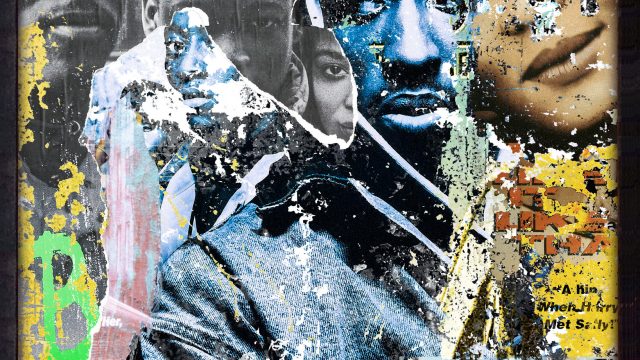Good morning, my little sunshines! I hope you all had a wonderful June and are having a great July! Now on to what I dug up from the past week….
On the 2nd, the various writers for Consequence of Sound picked the greatest movies of the 1980s:
“By now, our nostalgia for the ’80s has outlasted the decade itself by about 20 years — and for good reason. Like the ’60s before it, the ’80s was an Industrial Revolution of Pop Culture. Think about all the icons. Or the fashion. Or the trends. In almost every vertical, be it music, or film, or television, there was something radical going down. Even better, there was an economy of weird, and the mainstream was trying its hardest to capitalize on it in every capacity. Not a bad thing.”
Also on the 2nd, Jacob Mendelsohn talked about the banality of LA in Short Cuts for Bright Wall/Dark Room:
“Yet for all the cinematic romance Los Angeles is imbued with, it’s still just a place where people live. Not Hollywood big shots or down on their luck P.I.s or drug kingpins or naïve ingénues from the cornfields of the Midwest, but normal everyday people with jobs and families and the same kind of worries that plague the rest of us.”
Pier Dominguez of BuzzFeed searched for Britney Spears, also on the 2nd:
“Questions and projections about Britney Spears’ freedom and agency (or lack of it) have a long history, and are, arguably, central to her celebrity. Both her fans and the press have long imagined that some innocent, ‘authentic’ Britney lurks behind a manufactured facade, waiting to speak out. But now that she’s actually talking back on social media — staging a ‘Leave Britney alone!’ moment of her own — her fans seem unwilling to take her words at face value. Instead, they’re wrapped up in wrestling with the contradictions of an image that has, in the two decades Spears has been making music, become larger than real life.”
On the 3rd, Reggie Ugwu of The New York Times, spoke to black directors who got buzz in the 90s about their careers:
“Darnell Martin, whose vibrant 1994 romantic comedy ‘I Like It Like That’ was the first studio-produced film to be directed by an African-American woman (it won the New York Film Critics Circle award for best first feature), said she was later blacklisted in the industry for speaking out against racism and misogyny.”
Finally, on the 4th, Christina Smith discussed the wonderful season finale of Crazy Ex-Girlfriend over at Film School Rejects:
“In the end, Rebecca’s final moment at that piano, as she prepares to bring her music out of her head and into the world, makes her feel so much more alive than the stereotype she was destined to subvert. Again, it’s that level of purpose, of following a series that has consistently centered it’s lead’s self-actualization above all else, that has made the Crazy Ex-Girlfriend finale one of the best of the year, and that should allow it to stand the test of time.”
Enjoy!

